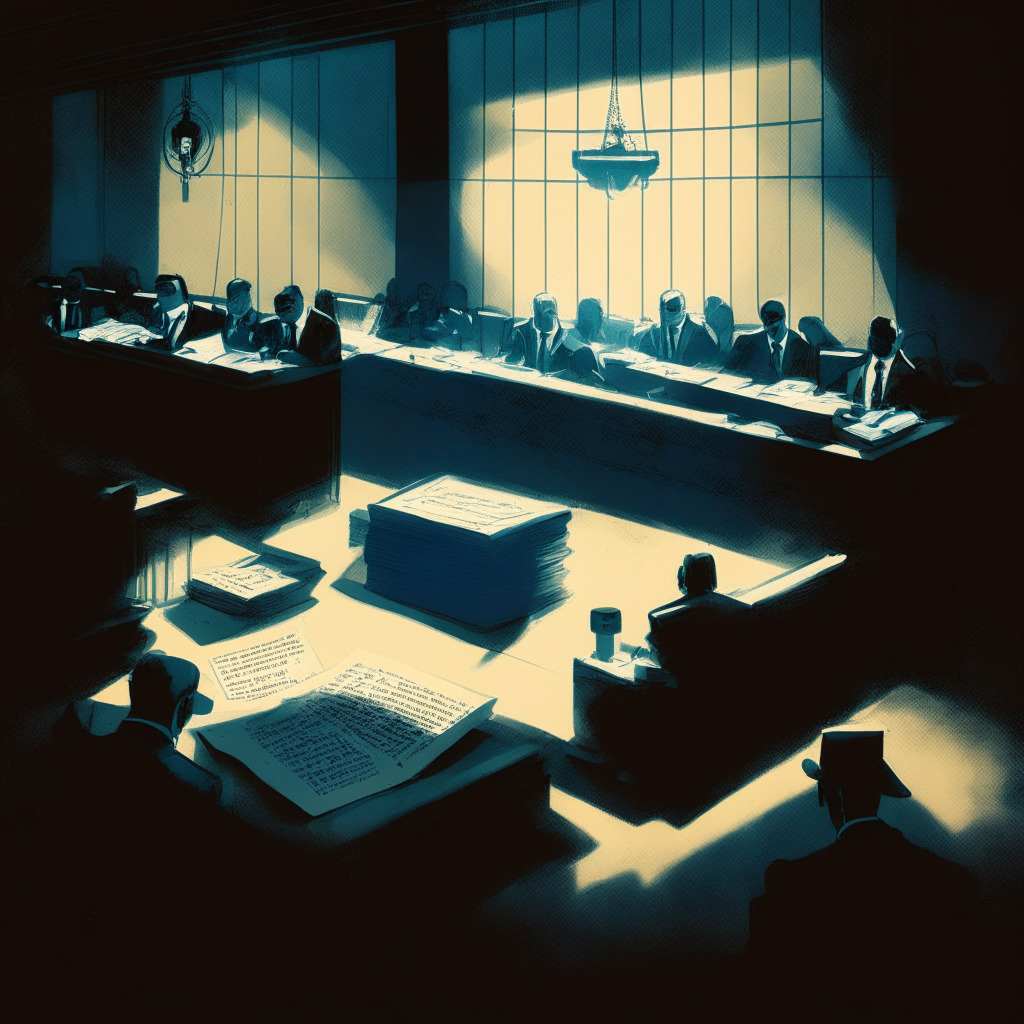In a recent incident reported by Coindesk, a battle of experts is unfolding in the case involving FTX Founder Sam Bankman-Fried and the U.S. Department of Justice. The DOJ contends that seven proposed expert witnesses for the defense lack necessary expertise or their testimonies wouldn’t bear relevance in the trial. The defense, in turn, disputes these allegations, condemning the DOJ’s motions as attempts to undermine Bankman-Fried’s right to a fair defense.
The defense’s proposed expert witnesses encompass a range of expertise. Thomas Bishop, a consultant, and Brian Kim, a data analytics and forensics authority, are allegedly primed to challenge DOJ-commended testimonies, provided that these become pertinent. There’s also the input of Bradley Smith, a professor at Capital University Law School and a former Federal Election Commissioner. Smith’s insight could offer context surrounding political contributions, an aspect that might garner relevance in this case.
Additional defense witnesses are expected to shed light on FTX’s terms of service and software specifics, a task assigned to Joseph Pimbley, another consultant. According to the defense, the DOJ plans on getting testimonies from former FTX executives Gary Wang and Nishad Singh about these matters. However, their credibility is questioned based on their roles as cooperating witnesses for the prosecution.
The defense team has also made motions to prohibit testimony from University of Notre Dame Professor Peter Easton, a move that prosecutors consider a misrepresentation of what Easton will discuss. Prosecutors assert that Easton’s insights on customer fiat deposits will remain descriptive, not prescriptive.
He will delineate if the customers’ fiat deposits were kept in separate accounts, and whether the funds’ ledger balances coincided with the amounts in FTX’s transaction database. His focus will not be on the propriety of the commingling of customers’ funds or mismatch between account and database balances.
The DOJ insists that Easton’s expressions will stem from solid financial accounting and dependable methodologies, including funds tracing between bank accounts. However, the tug of war between the DOJ and Bankman-Fried’s defense continues, raising questions about the future of law enforcement’s interference in cryptocurrency matters. The full implications of this case, and the impact it may have on other players in the blockchain and cryptocurrency industry, remain to be seen.
Source: Coindesk




